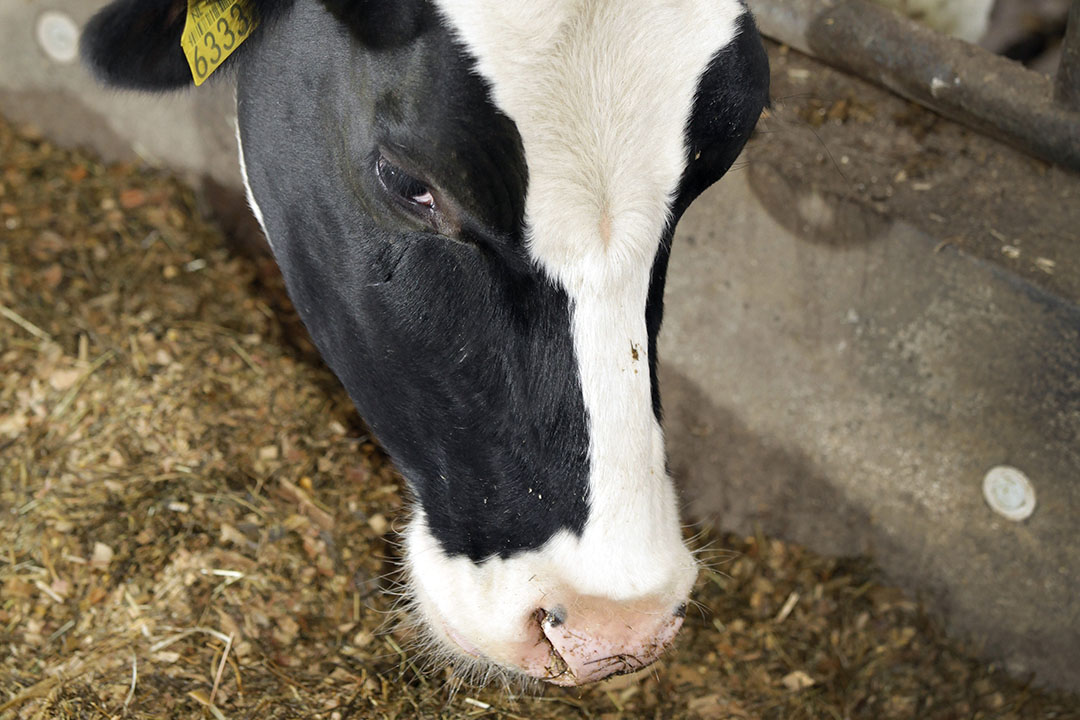Impact of granule size of calcium salts

Research at the National University of Singapore indicates that granule size has a major impact on the degree of rumen-protection of fat supplements.
Rumen-protection is critical to avoid reductions in rumen fibre digestibility and to ensure delivery of unsaturated fatty acids, such as C18:1 (oleic acid), through the rumen to the small intestine for absorption. Particle size varies greatly according to manufacturing process and different brands display a large range in granule size.
The study of the University of Singapore has indicated up to double the breakdown of calcium salts in fine granules (<0.5 mm diameter) compared to that of large granules (3-4 mm diameter) at typical rumen ph values. because calcium salts are an industry standard method of delivering this fatty acid to dairy cows, the implications of these findings are clear – the physical nature of calcium salt supplements is a key factor in success of delivery of fatty acids through the rumen in the active form.>
Data from Prof Adam Lock at Michigan State University has demonstrated the unique effect of C18:1 on partitioning of energy in dairy cows, leading to improved body condition scores. C18:1 is also known to improve total diet fat digestibility and improve egg quality with direct beneficial effects to herd fertility.
Calcium salts are typically a blend of C18:1 and C16:0 (palmitic) fatty acids, the latter having a well-established effect on milk fat percentage. Current recommendations, based on the US data, centre around a calcium salt product in early lactation being most-appropriate to supply that vital C18:1 fatty acid to boost body condition and fertility, while high-C16:0 products are more applicable in the post-peak period to drive nutrients toward milk fat production for milk fat and milk yield benefits.







